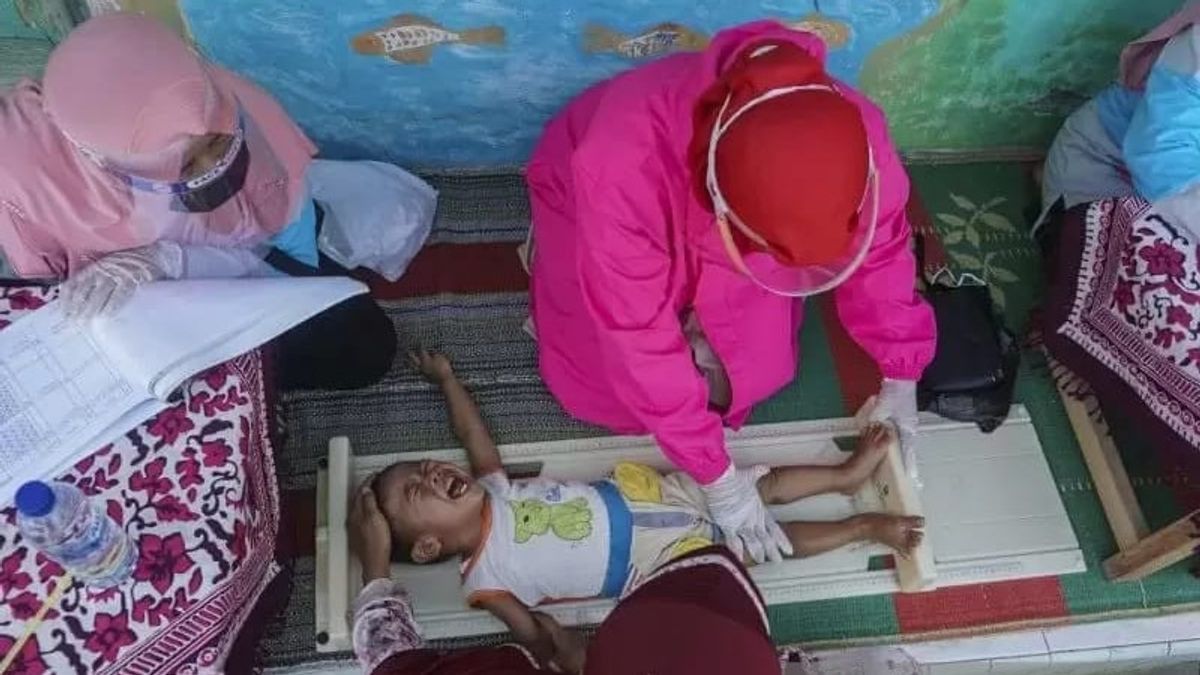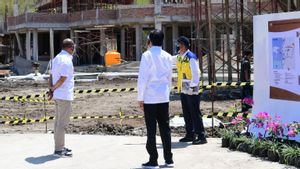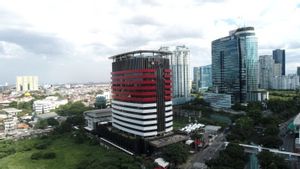JAKARTA - President Joko Widodo (Jokowi) asked the ranks to accelerate the reduction of stunting in Indonesia. He targets the stunting rate to be 14 percent by 2024.
It is known, stunting is a condition of children who are shorter than their age. In children who are stunted, brain cells do not develop optimally, so it will affect intelligence.
The stunting rate in 2021 is 24.4 percent. This figure has decreased from the previous 36.8 percent in 2007. Jokowi is targeting the stunting rate to fall again by 3 percent from 2021.
Jokowi's target was conveyed by the Minister of Health Budi Gunadi Sadikin after a limited meeting on the strategy to accelerate stunting reduction at the State Palace.
"Our calculations are 2.7 percent per year. The President is also targeting a 3 percent decline next year. But the average must decrease by 2.7 percent if you reach the 14 percent target," Budi said in the Presidential Secretariat's Youtube show, Tuesday, January 11.
Continuing, Head of the National Population and Family Planning Agency (BKKBN) Hasto Wardoyo explained that two types of interventions were carried out to accelerate stunting reduction, namely sensitive interventions and specific interventions.
Specific interventions related to the direct causes of stunting are generally in the health sector. In specific interventions, the government focuses on the condition of children in the first 1.000 days of life (HPK) and on mothers before pregnancy (adolescent girls).
"I am happy to hear what the Minister of Health said that there are many strategic steps involved in this specific (intervention). The Minister of Health has mastered the constraints and then intervened there, including breastfeeding, supplementary feeding, immunization, and so on,” said Hasto.
SEE ALSO:
Meanwhile, sensitive interventions related to indirect causes were implemented across sectors. Hasto considers that strengthening of sensitive interventions on the upstream side must be in line with the strengthening of specific interventions on the downstream side.
“This sensitive (intervention) has a big impact. Earlier, the Minister of Health also said that this is 70 percent of the impact, including a clean environment, clean water is available, then poverty, education, these are sensitive factors," said Hasto.
The English, Chinese, Japanese, Arabic, and French versions are automatically generated by the AI. So there may still be inaccuracies in translating, please always see Indonesian as our main language. (system supported by DigitalSiber.id)




















